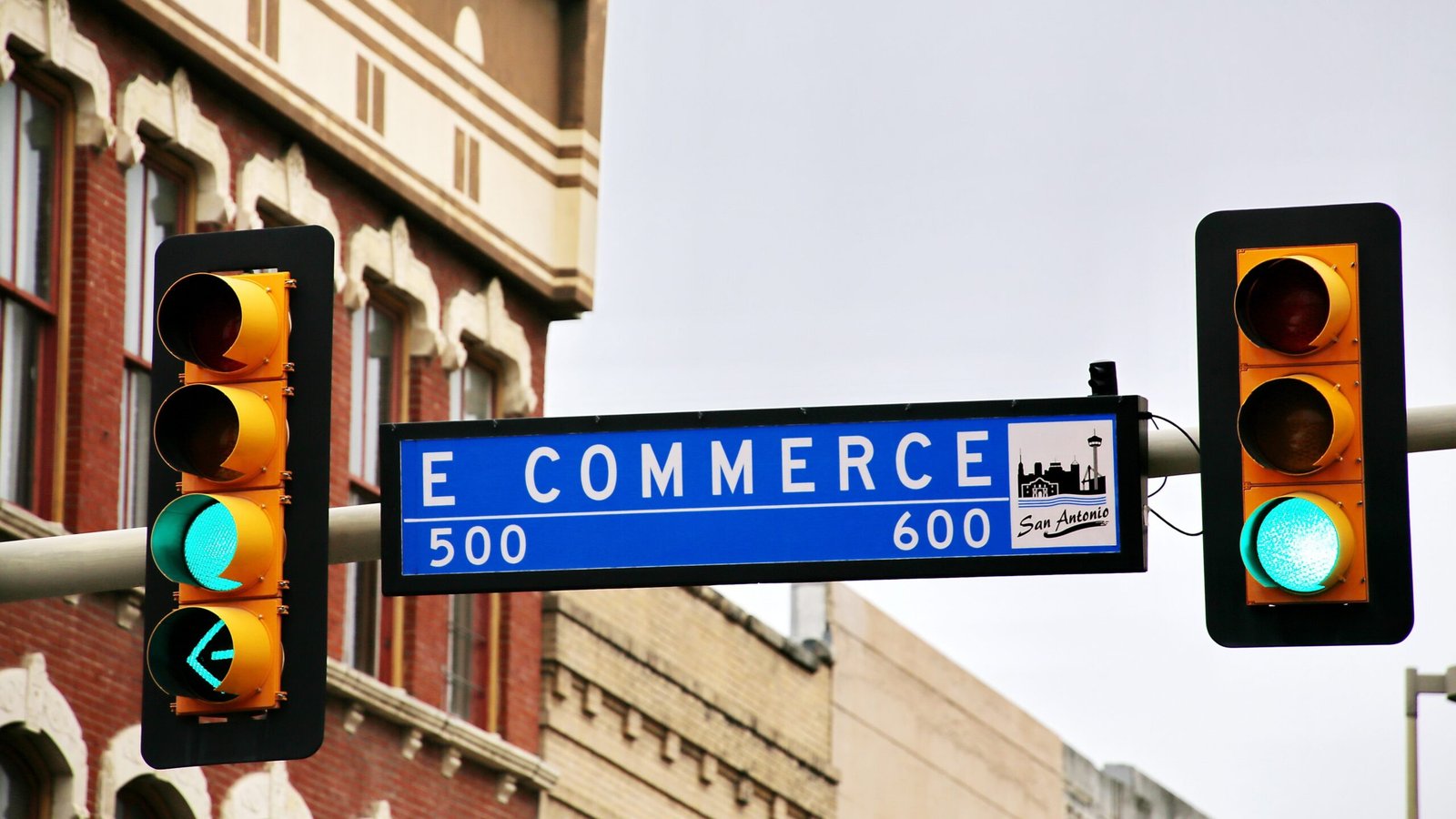
Introduction
With the increasing popularity of online shopping, e-commerce websites are in fierce competition to rank higher in search engine results. A strong search engine optimization (SEO) strategy is essential for e-commerce businesses to drive organic traffic and increase sales. In this guide, we will explore the key factors that can help your e-commerce website rank higher in search engines.
Keyword Research
Keyword research forms the foundation of any successful SEO strategy. Start by identifying relevant keywords that your target audience is likely to use when searching for products or services similar to what you offer. Tools like Google Keyword Planner, SEMrush, and Moz Keyword Explorer can assist you in finding high-volume keywords with low competition.
Optimizing Product Pages
Each product page on your e-commerce website should be optimized for a specific keyword or set of keywords. Here are some key areas to focus on:
Title Tags
The title tag is one of the most important on-page SEO elements. Include your target keyword in the title tag and keep it concise, yet descriptive. Use power words and action verbs to make your title tag more compelling.
Meta Descriptions
Meta descriptions provide a brief summary of the page’s content in search engine results. While meta descriptions don’t directly impact rankings, they can significantly influence click-through rates. Craft engaging meta descriptions that include your keyword and entice users to click on your listing.
URL Structure
Ensure that your product page URLs are clean, descriptive, and include your target keyword. Avoid using generic URLs with numbers or random characters, as they provide little value to search engines or users.
Product Descriptions
Write unique and compelling product descriptions that not only include your target keyword but also provide valuable information to potential customers. Avoid using duplicate content from manufacturers or other websites, as this can harm your SEO efforts.
Optimizing Category Pages
In addition to individual product pages, optimizing your category pages is crucial for e-commerce SEO. Here are some tips:
Unique Content
Ensure that each category page has unique and valuable content. Avoid simply listing products without any additional information. Write descriptive category descriptions that include relevant keywords and help users navigate your website.
Internal Linking
Internal linking is an important SEO practice that helps search engines understand the structure of your website and the relationship between different pages. Include relevant anchor text within your category pages to link to related products or subcategories.
Schema Markup
Implementing schema markup can enhance the visibility of your category pages in search engine results. Use schema markup to provide additional information about your products, such as price, availability, and ratings.
Optimizing Site Speed
Site speed is a crucial ranking factor for both desktop and mobile searches. Slow-loading websites not only frustrate users but also negatively impact SEO. Here are some ways to improve site speed:
Image Optimization
Compress and optimize images to reduce their file size without compromising quality. Use descriptive file names and alt tags that include relevant keywords.
Caching
Implement browser caching to reduce the load time for returning visitors. Caching stores static files, such as CSS and JavaScript, on users’ devices, allowing for faster page load times.
Minify Code
Remove unnecessary characters and spaces from your HTML, CSS, and JavaScript files to reduce their file size. Minifying code can significantly improve site speed.
Building High-Quality Backlinks
Backlinks from reputable and relevant websites are an essential part of any SEO strategy. Here are some effective ways to build high-quality backlinks:
Guest Blogging
Write informative and valuable guest blog posts for industry-related websites. Include a link back to your e-commerce website within the author bio or content body.
Influencer Marketing
Collaborate with influencers in your industry to promote your products or services. Influencers can share your content and provide valuable backlinks from their websites or social media profiles.
Online Directories
List your e-commerce website on relevant online directories and review platforms. Ensure that your business information is accurate and consistent across all directories.
Monitoring and Analytics
Regularly monitor your e-commerce website’s performance using analytics tools like Google Analytics. Track important metrics such as organic traffic, conversion rates, and bounce rates. Analyze this data to identify areas for improvement and optimize your SEO strategy accordingly.
Conclusion
Ranking higher in search engines is crucial for the success of your e-commerce website. By implementing a comprehensive SEO strategy that includes keyword research, on-page optimization, site speed improvements, and high-quality backlink building, you can increase your organic visibility and drive more targeted traffic to your online store. Stay updated with the latest SEO trends and algorithms to maintain a competitive edge in the ever-evolving world of e-commerce.